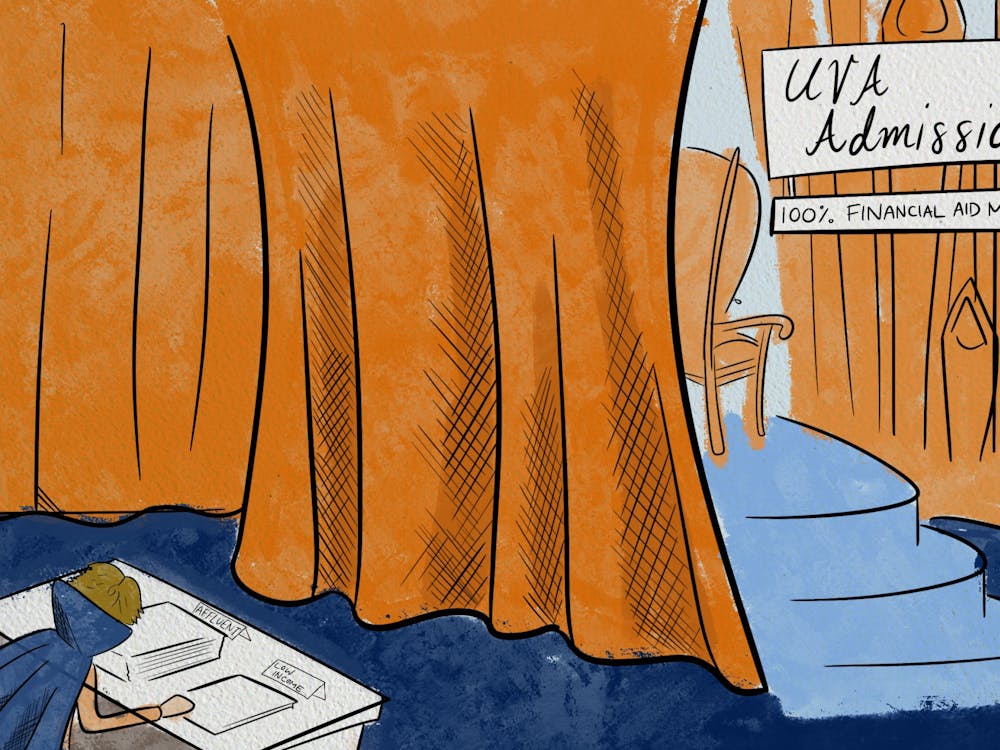For many, it is common practice these days to claim that gender inequality is a historical phenomenon. Proof of this, advocates argue, lies (as one example) in the fact that women now make up roughly 50 percent of the national undergraduate body. However, a recently released Duke study shows that to see figures of this nature as sufficient evidence that "things are OK," is (whether deliberately or not) quite foolish. While these often-cited statistics are indications of positive development, what we need to understand, what more mainstream scholars are beginning to evidence and what Duke's study proves, is that that there is a lot more to gender equality than mere numbers.
Instead of looking just at statistical evidence (as is the usual method in regard to studies of gender equity), the Report of the Steering Committee for the Women's Initiative at Duke University looks to the cultural environment on its campus. Since Duke's undergraduate culture so closely resembles our own, the findings of the Duke study are crucial for individuals at our university.
Not surprisingly, Duke students expressed deep-seated perceptions about appropriate behaviors for men and women, and also not surprisingly, there was a large gap between them. The study notes, "Undergraduates described a social environment that enforces fairly stringent norms on undergraduate women, who feel pressure to wear fashionable (and often impractical) clothes and shoes, to diet and exercise excessively, and to hide their intelligence in order to succeed with their male peers." Furthermore, "Men and women agreed men gain status through sexual activity while women lose status. Fraternities control the mainstream social scene to such an extent that women feel like they play by the men's rules."
Finally, these problems are exacerbated by the fact that "the peer culture also encourages certain types of unsupportive peer relationships. Relationships with other women can revolve around women's relationship with men and can be highly competitive. Relationships with men are often sexually intimate but otherwise superficial. There is not sufficient opportunity for close relationships with peers or adults in an environment that would encourage them to resist conformity, and help create experiences affirming women's autonomy and self-determination."
A lot of information, and none of it so encouraging as our numbers game of old would hope us to perceive. Yes, women are here. We make up a slight majority of undergraduate students nationwide. However, what is more than clear from the testimony of our peers at Duke is that we are still living under the same structures that keep women in an inferior position, and hurt everyone involved. All over this campus right now, women are starving themselves, exercising fanatically, and studying obsessively only to refrain from speaking up in class. Later tonight, the men of this campus will hold parties to which they will admit girls whom they deem worthy, and girls will dress up in hopes of gaining their approval. Women -- in pursuit of "effortless perfection" -- are constantly coming up short of this unrealizable ideal, and they are blaming themselves. Everyday, through behaviors like these, individuals (men included) -- self-obsessed and socialized to fall in perfect line with stringent and growth-stifling gender roles -- are alienated from themselves and from one another.
Duke has outlined numerous plans to combat these problems, but what can really change life at U.Va. immediately is for all of us to wake up to the realities of life here and to cease being afraid to face them. Think carefully and critically about the environment in which we are currently living. Chances are, evidence of these problems will present itself pretty easily once you know what to look for. Truth be told, we probably don't really want to settle for social structures that beget undue suffering, such as masochism in the form of self-starvation. Truth be told, we can probably see the serious moral problem posed by this situation once we are willing to look. In addition, we most likely don't really want to settle for patriarchal, imbalanced relationships which often become reduced to mere utilitarian exchanges. We most likely realize we aren't objects. We most likely think we are worth more than that.
It takes immense strength of character and will to step outside of culturally accepted norms, no matter how problematic they may be. The evidence is there that the status quo is hurting people universally. Seeing through it is the first step to transcending it, and to helping others do the same. Just for a moment, forget what you are "supposed" to do, and make personal fulfillment, justice and kindness your goals. As Duke's study shows, we are trading our peace of mind, our freedom and our love for one another for neuroticism, starvation and alienation. Chances are, we can do better. We can.
(Laura Parcells' column appears Fridays in The Cavalier Daily. She can be reached at lparcells@cavalierdaily.com.)




